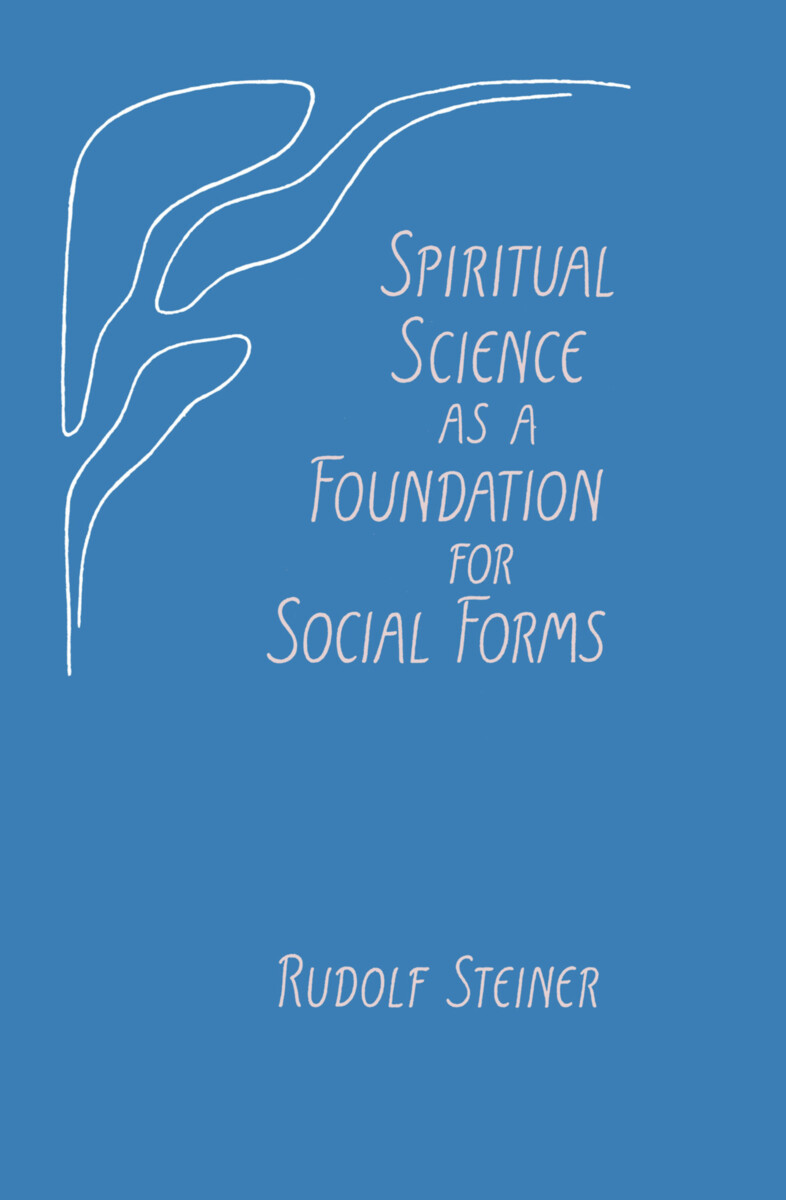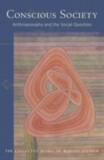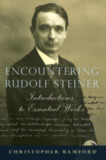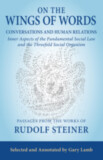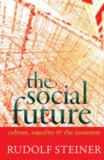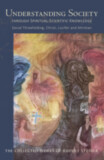Spiritual Science as a Foundation for Social Forms
(CW 199)
- Publisher
SteinerBooks - Published
1st July 1986 - ISBN 9780880101523
- Pages 324 pp.
- Size 5.5" x 8.5"
COLOR- AND IMAGE-SATURATED THINKING
Since the end of the nineteenth century the spiritual evolution of humanity has led toward a more mobile living thinking in which the abstract and fixed relation of consciousness to language is dissolved. Language becomes more gesture-like in character as consciousness is filled with color and image.
When this fact of spiritual evolution is negated in the school system, in the forms of government and in economic relations, it leads to an unconscious frustration, a frustration which explodes in acts of violence and war.
Healing will come to social life when the inner mobility of soul acquired through the science of the spirit is allowed to mold new social forms. The reader will find a stimulation to inner activity and a wealth of insight into social life in this important volume by Rudolf Steiner.
Rudolf Steiner
Rudolf Steiner (b. Rudolf Joseph Lorenz Steiner, 1861–1925) was born in the small village of Kraljevec, Austro-Hungarian Empire (now in Croatia), where he grew up. As a young man, he lived in Weimar and Berlin, where he became a well-published scientific, literary, and philosophical scholar, known especially for his work with Goethe’s scientific writings. Steiner termed his spiritual philosophy anthroposophy, meaning “wisdom of the human being.” As an exceptionally developed seer, he based his work on direct knowledge and perception of spiritual dimensions. He initiated a modern, universal “spiritual science” that is accessible to anyone willing to exercise clear and unbiased thinking. From his spiritual investigations, Steiner provided suggestions for the renewal of numerous activities, including education (general and for special needs), agriculture, medicine, economics, architecture, science, philosophy, Christianity, and the arts. There are currently thousands of schools, clinics, farms, and initiatives in other fields that involve practical work based on the principles Steiner developed. His many published works feature his research into the spiritual nature of human beings, the evolution of the world and humanity, and methods for personal development. He wrote some thirty books and delivered more than six thousand lectures throughout much of Europe. In 1924, Steiner founded the General Anthroposophical Society, which today has branches around the world.


